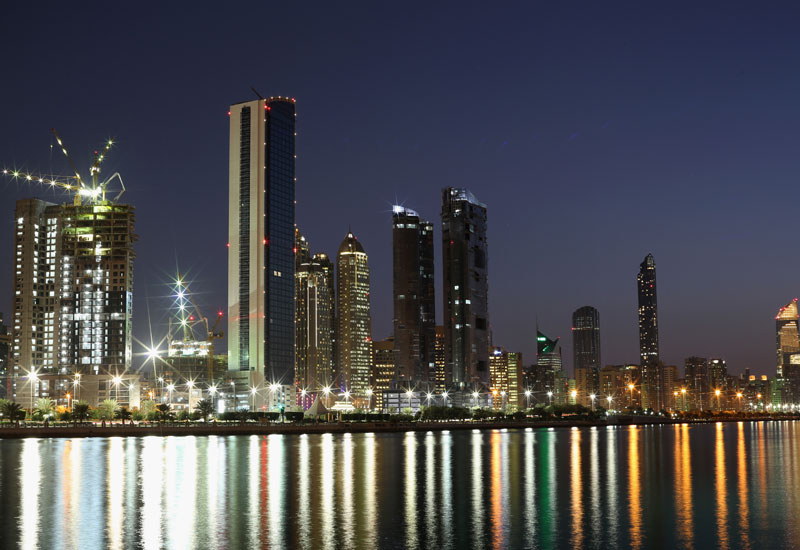 Declining oil prices and softening demand made it a challenging first half of the year for Abu Dhabi hotels.
Declining oil prices and softening demand made it a challenging first half of the year for Abu Dhabi hotels.
Wiegerinck adds that a similar principle is also true when it comes to visitors from the GCC.
He explains: “As of result of recent activities in places such as Egypt and Turkey, we’re seeing opportunities in terms of trying to attract travellers looking for alternative destinations.
“We’re seeing an upswing in GCC visitors — both for business as well as pleasure — and it would seem many people prefer to spend their holiday not too far away from home.”
Ultimately, Abu Dhabi is still perceived as an expensive market and Wiegerinck says there is now a trend for “operators expanding in the mid-market segment, offering select service products at very attractive rates”.
Delfau says this premise is behind the success of Southern Sun Abu Dhabi, which has also achieved growth in the long-term market thanks to its apartment offering.
“Travellers very often expect the same level of service in mid-market properties as they would see in luxury hotels,” he says. “The service style of a property is not always dictated by its grading, rather by its essence or philosophy,” he says.
With increased inventory, such diversification will be expected and it will likely be the luxury end of the market that remains under most pressure — at least until the long-awaited cultural and tourism attractions come online and compete with the leisure appeal of neighbouring Dubai.

| Advertisement |








 Search our database of more than 2,700 industry companies
Search our database of more than 2,700 industry companies









